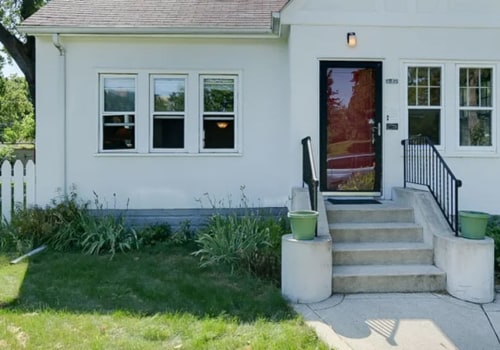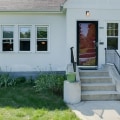Connection, support, sobriety, employment and quality of life: these are all important outcomes for people in recovery. Recovery, being unique to each person, justifies a variety of housing options for people, whether they are transitioning from a homeless situation, a treatment center, or even their own home. Ongoing models of affordable housing, from Housing First to recovery housing, are invaluable to people in recovery in all walks of life. Recovery support is provided in a variety of environments.
Recovery support services help people access and navigate care systems, remove barriers to recovery, participate in the recovery process, and live full lives in communities of their choice. A sober support system is comprised of specific people, as well as therapists, support groups, and organizations. When a client is discharged from a drug or alcohol treatment program, this variety of support people work together to provide an ongoing support system to ensure that the client does not relapse. Having support for recovery after primary addiction treatment is a key component in the recovery process.
Our sober living program offers a full suite of recovery support services to ensure you have the best chance of succeeding in recovery. With these services, our goal is a long-term, even lifelong recovery that includes abstinence from alcohol, drugs and a life of happiness. A sober living center is not as clinical or as structured as rehabilitation. This means that you have access to additional levels of support that you might not have before.
Some of these services include recovery counseling, transportation for sober people, sober companions, and clinical referrals when needed. Sober homes can help eliminate relapse triggers that can cause cravings or temptations. The use of alcohol, drugs, and addictive prescription or over-the-counter medications is not allowed in a recovery home. There is no chance to relapse, because everyone has to be held accountable for their actions, and there is no time to relapse, because everyone has their own busy regime to follow a productive recovery process.
Connect to the Internet or check a local newspaper for community events that announce meetings or groups that carry out activities specific to sober living. Sober living is a period of transition for those seeking to get on the right path to recovery.
Sober homes
are generally designed for people in early recovery or receiving outpatient treatment, although many are open to people at all stages of the recovery process. For example, promoting resilience in young people and the nature of social supports, peer mentoring, and recovery counseling for adolescents and youth of transition age are different from recovery support services for adults and older adults.When seeking sober support during recovery, you should strive to find the right type of friends who will truly support you. The concept of resilience in recovery is also vital for family members who need access to intentional supports that promote their health and well-being. As soon as one friend gets sober and begins to lead a more positive lifestyle, pressure is put on everyone else who continues to drink or use drugs to at least think about making a similar change, and they may not like it. Focus on staying sober, because that has to be your first priority: developing a sobriety support system and keeping it working well.
Peer support helps people participate in or stay connected to the recovery process through shared understanding, respect and mutual empowerment. It also means living in a place where you can rebuild and reinforce the sober living skills learned in your treatment program. Living in a sober home or in residential treatment can also help reduce loneliness, which is an inherent part of the addiction cycle. One of the most obvious benefits of living sober, whether in sober housing or in a treatment setting, are the bonds that will form while there.
Sober homes allow residents to get an idea of what a truly sober life is like, beyond the walls of rehabilitation. Each client has a certified peer recovery support specialist who supports and guides them through the challenges of early sobriety with weekly meetings. .






